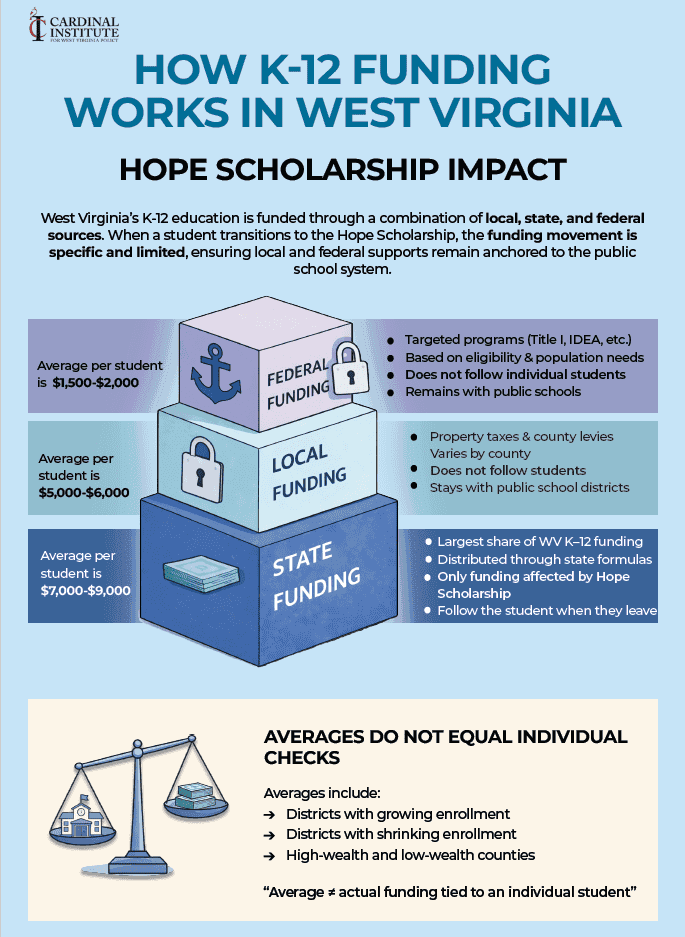
West Virginia’s Certificate of Need Laws Are Failing You
West Virginia’s Certificate of Need Laws Are Failing You
The West Virginia Hospital Association’s recent op-ed defending West Virginia’s Certificate of Need (CON) laws is a masterclass in elite protectionism, dressed in concern, framed as a noble stand for community health. Make no mistake—the heart of the piece is about hospital bottom lines rather than how to improve care for the 1.7 million West Virginians who rely on a system that’s failing them.
What the President of the West Virginia Hospital Association won’t tell you is that CON laws don’t exist to ensure access or quality. They exist to block competition and shield providers from accountability.
If these laws were truly about protecting patients, West Virginia wouldn’t be at the bottom of national healthcare rankings. In the Spring 2025 report from Leapfrog—a respected national watchdog on hospital safety—West Virginia hospitals failed at basic activities like handwashing, safe medication administration, and preventing patients falls and injuries. These are not optional “nice to haves;” these are bare minimum standards every patient expects when entering a facility.
With results this dismal, are West Virginia’s hospitals inept? Or are they simply protected from consequences by the Hospital Association’s stranglehold on competition? Insulated by CON laws, they no longer feel the need to care.
The Hospital Association’s defense reeks of command-and-control protectionism, a centralized, bureaucratic approach that might make sense in communist economies, but is utterly disconnected from the realities West Virginians face when trying to access care. They hide behind “community planning” while patients drive hours for specialty care or wait weeks for basic services, all while being told “more is dangerous.”
Here is what is dangerous: a cartel of large hospital systems, propped up by CON, actively preventing new entrants from providing better care.
The idea that “out-of-state interests” are trying to “fleece” West Virginia is laughable when it’s these very hospital system oligopolies that are already underdelivering and hiding behind red tape. This isn’t some fringe “free market theory.” It is common sense—giving patients options and providers the freedom to serve them better.
Let me also cut through the fearmongering. The President of the Hospital Association warns that repeal would allow for “cherry-picking” providers to enter the market. What the Association chooses to ignore is that CON limits patient access, especially in underserved and rural areas. Further, with 75% of hospital payments coming from Medicaid, Medicare, or PEIA, a problem already exists. No regulation will change that math. What will help is innovation, efficiency, and competition. Precisely what CON is designed to prevent.
At the Cardinal Institute, we believe in trusting West Virginians. We trust doctors and nurses to innovate and expand services without asking permission from entrenched interests. We trust patients to choose care that fits their needs. And we trust that removing a barrier as massive as CON laws will spur new investments in healthcare infrastructure, not tear it down—in fact, the data proves so.
The Hospital Association continues to make its priorities clear: protect turf, shield inefficiency, and preserve a system where poor outcomes are tolerated. We won’t accept that. West Virginians deserve a healthcare system that serves them, not one that serves itself.
It’s time to repeal CON.
Written by: Jessica Dobrinsky, Chief of Staff and CON Policy Expert








